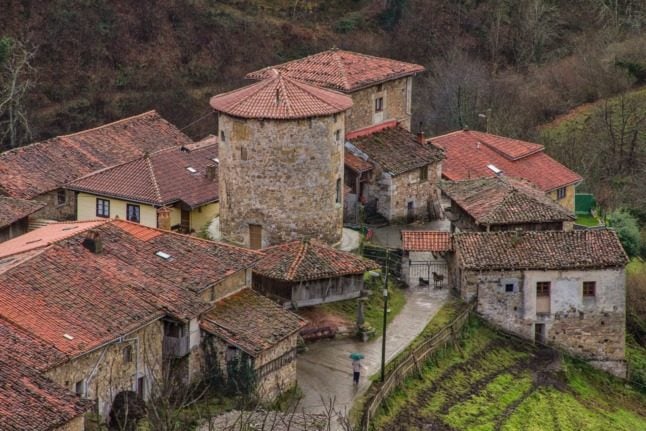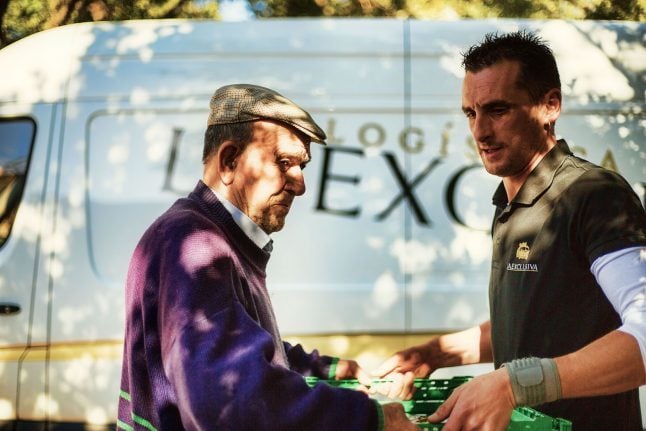“We are happy that another Hollywood major has chosen to distribute its films via Voddler. Our ambition is an in-depth cooperation with all the leading film companies to offer a broad selection of movies,” said Zoran Slavic, Voddler executive vice-president, in a statement on Wednesday.
Warner Bros. is part of the Time Warner Inc. group and has released films such as Harry Potter, The Departed, Batman and The Blind Side.
After a period of inaction Voddler launched its new browser this week intended to make it easier for its 450,000 registered users to find their favourite films. The firm plans to extend its service to Norway and Denmark at the end of March, and in Finland later in the spring.



 Please whitelist us to continue reading.
Please whitelist us to continue reading.
Member comments